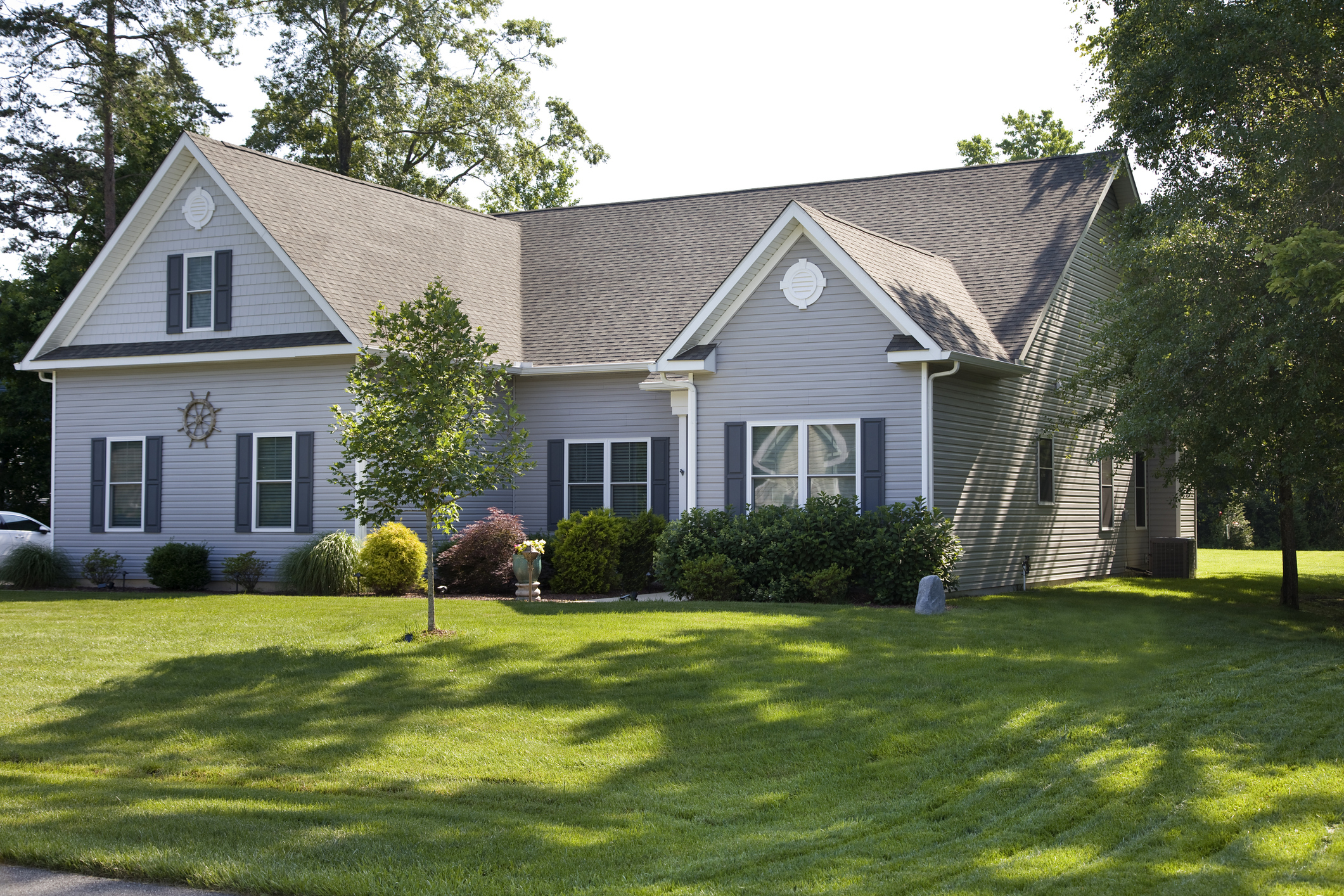Landlord Insurance: What It Is and How to Get It

Do you own a property that you rent out to tenants? If so, it's important to have landlord insurance. This type of insurance will protect you in the event that something happens to your property while it's rented out. It can also help protect you from liability lawsuits filed by your tenants. In this blog post, we will discuss what landlord insurance is and how to get it!
What is Landlord Insurance?
Landlord insurance is insurance that protects landlords from financial losses resulting from damage to their rental property or from liability claims made by tenants. Landlord insurance typically covers the building itself, as well as any furnishings or equipment that are owned by the landlord and used by tenants. It may also provide coverage for lost rent in the event that the property becomes uninhabitable due to a covered loss. While landlord insurance is not required by law, it is often required by lenders in order to obtain a mortgage on a rental property. For landlords, having adequate insurance coverage is essential in order to protect their investment and guard against potential financial ruin.
Who Needs Landlord Insurance?
Anybody who owns or is thinking of buying a rental property should seriously consider landlord insurance. This type of insurance protects against a wide range of potential risks, including damage to the property, theft, and liability claims. It can also provide financial assistance if the property has to be evacuated due to a natural disaster. Landlord insurance is an important protection for any property owner, and it can give you peace of mind in knowing that your investment is properly protected.
Types Of Landlord Insurance Coverage
Dwelling Coverage
When it comes to insurance coverage for landlords, dwelling coverage is one of the most important types of coverage to have. Dwelling coverage helps to protect the physical structure of your rental property against damage from fire, wind, hail, and other perils. It can also help to cover the cost of temporary repairs if your rental property is damaged and needs to be uninhabitable for a period of time. In addition, dwelling coverage can sometimes provide liability protection in the event that a tenant is injured on your property. As a result, it is important to make sure that you have adequate dwelling coverage in place before renting out your property.
Coverage For Other Structures
For landlords, insurance is one of the most important tools for protecting their investment. While most policies will cover the building itself, there are also options for coverage of other structures on the property. This can include things like detached garages, storage sheds, and fences. In addition, coverage for other structures can also extend to things like decks and patios. Landlords should work with their insurance agent to determine what type of coverage is best for their property.
Liability Protection
Liability coverage is usually included as part of a comprehensive landlord insurance policy. This insurance can help to cover the cost of repairs, legal fees, and any damages that are awarded to the tenant. Without insurance, you could be left with a large bill that you may not be able to afford. Therefore, it is important to make sure that you are properly insured in order to protect yourself from financial ruin.
Personal Property Insurance
Personal property insurance can help to cover the cost of repairs or replacement if your personal belongings are damaged due to a covered event. This type of coverage can also help to pay for temporary living expenses if your rental property is uninhabitable due to a covered event. In addition, personal property insurance can help to cover the cost of legal expenses if you are sued for damages caused by your personal belongings. Whether you own a single rental unit or a large apartment complex, personal property insurance can help to protect your investment and give you peace of mind.
Where to Purchase Landlord Insurance
There are many different sources from which landlords can purchase this type of insurance, including banks, insurance companies, and online providers. When choosing a provider, it is important to compare the coverage and rates offered by different companies in order to find the best possible deal. In addition, landlords should make sure to read the fine print in order to understand exactly what is covered by their policy. By taking these precautions, landlords can help to ensure that they are adequately protected against any potential financial losses.
How Much Does Landlord Insurance Cost?
Landlord insurance typically costs between $500 and $2,000 per year, depending on the value of the property, the location, and the amount of coverage. The most important factor in determining the cost of landlord insurance is the value of the property. The higher the value of the property, the more it will cost to insure. The location of the property is also a factor. Properties in high-crime areas or areas prone to natural disasters will cost more to insure than those in safe neighborhoods. Finally, the amount of coverage desired will also affect the cost. Landlords can choose from a variety of plans that cover different risks, such as damage from tenants, natural disasters, or theft. By carefully considering all of these factors, landlords can find an insurance plan that meets their needs at a price they can afford.



